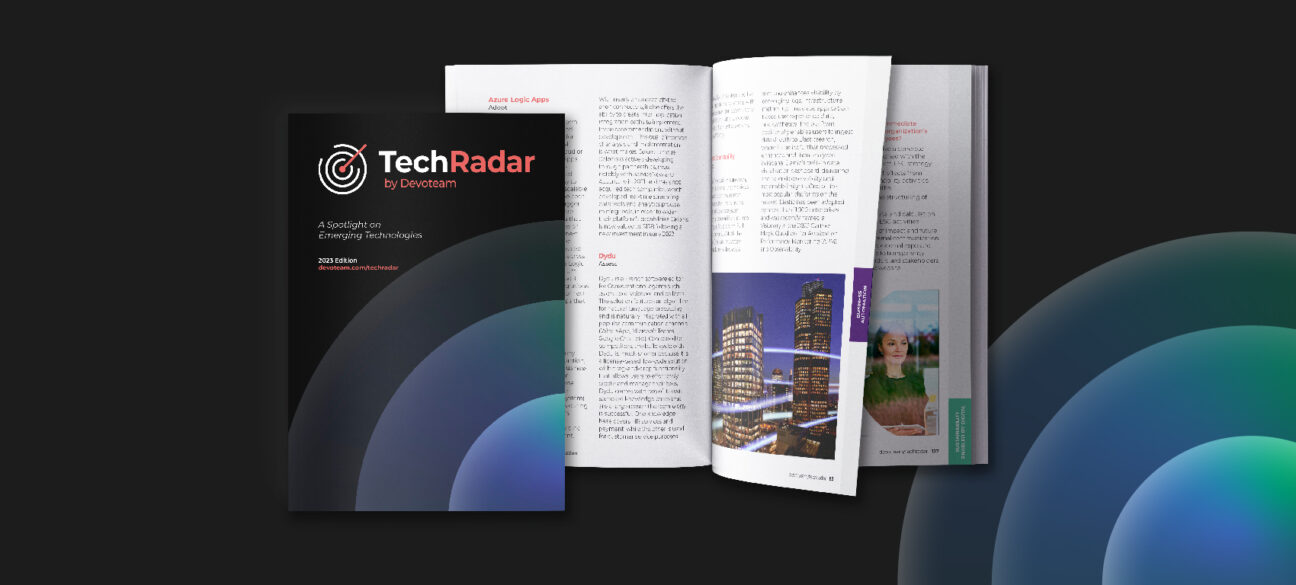It’s 2023, and the world of technology is showing no signs of slowing. On the contrary, today’s technological landscape is evolving at breakneck speed, making security maintenance and policy enforcement more vital than ever for organisations of all shapes and sizes. Open Policy Agent (OPA) is a powerful solution that’s empowering businesses to meet these challenges head-on. If you haven’t heard of OPA before, don’t worry, because we’re about to delve a little deeper into what OPA is, its benefits, and how it’s being used to integrate with popular platforms such as Kubernetes.
What is Open Policy Agent (OPA)?
Open Policy Agent describes their platform as “policy-based control for cloud native environments”, but what does this mean in real terms? Essentially, OPA is a sophisticated tool that allows organisations to enforce their policies coherently. A robust policy engine, it offers a unified framework to developers for managing and enforcing policies across various layers of an application stack. This might include microservices, APIs, cloud infrastructure, or others. As a central hub for policy enforcement, OPA ensures rules are followed with consistency. It achieves this by using its own purpose-built, declarative language called Rego, allowing users to write policies for different services in the same language.
What are the Benefits of OPA?
While OPA isn’t always necessary, especially for organisations with simpler infrastructures, there are more than a few reasons to consider implementing OPA:
- Streamlined Policy Management – Open Policy Agent makes policy management much easier with its centralised control centre. This streamlines everything, which eliminates the risk of duplication and makes policy management much more efficient and consistent throughout.
- Control Access and Authorisation – With OPA, you’ll have the power to easily define granular policies. This will determine who has access to resources and what permissions they have. Such a level of control prevents unauthorised actions and improves overall security.
- Policy Consistency – OPA makes policy enforcement across different services and environments totally consistent. With decentralised enforcement methods, it’s very easy for discrepancies to arise. By providing a unified and secure approach, OPA eliminates such risks.
- Be Flexible and Agile – It’s natural that policies will change over time. OPA gives organisations the wiggle room to adapt to their evolving requirements without massive reshuffles. So, if you need to respond quickly to evolving security needs, OPA is the perfect solution.
However, there are times when OPA may not be the best choice for your organisation.
When Should I Not Use Open Policy Agent?
Open Policy Agent is a powerful tool, and it’s especially useful for large companies with complex infrastructures, but that’s not to say it’s always a perfect fit. There are cases where alternative policy enforcement will suffice. For example, if an organisation’s policy requirements are straightforward with simple rule engines that are easily handled by your existing infrastructure, there’s no need to adopt OPA. It’s also crucial to evaluate whether your system’s performance will be able to handle the extra processing introduced by OPA. It may be that this could negatively impact performance, so it’s always best practice to weigh this up first.
It’s crucial to evaluate your own requirements before adopting any new technology, and OPA is no different. If the burdens outweigh the benefits, or it’s simply more than you need, stick with your existing solution.
Where Is Open Policy Agent Used?
Because of the importance of information security, OPA is used across various industries. Whether it’s healthcare, finance, technology, or otherwise, numerous organisations are leveraging the power of OPA to shore up their security and ensure unified policy compliance.
Open Policy Agent and Kubernetes
If you’re wondering about Open Policy Agent examples (in terms of practical applications), then this section is for you. Among other systems, Open Policy Agent can seamlessly integrate with Kubernetes, a widely used container-centric management software which has become the last word in deploying and operating containerised applications. By pairing Open Policy Agent with Kubernetes, organisations can improve security and operational integrity.
How? Well, OPA allows users to define the admission control policies that determine which resources are allowed to be deployed in the Kubernetes cluster. This will help prevent the deployment of non-compliant workloads, ensuring the functionality and security of the cluster.
Other Open Policy Agent examples include:
- Network-Level Policy Enforcement with Service Meshes: OPA integrates with mesh platforms like Istio or Linkerd to enforce network-level policies. This integration enables organisations to define policies that govern communication between microservices, ensuring secure interactions within the Kubernetes cluster.
- Admission Control Policies: OPA can be used to enforce admission control policies. This means that before any resource is added to a Kubernetes cluster, OPA evaluates whether it meets the specified criteria and adheres to the defined policies. It acts as a gatekeeper, ensuring that only permitted resources enter the cluster.
- API Access Control: OPA plays a crucial role in API access control. By evaluating requests and determining if the requester has the necessary permissions to access specific APIs or perform certain actions, OPA enhances security and provides fine-grained control over API access.
Conclusion
OPA might not be for everybody, but it’s an excellent platform for organisations in need of a robust policy enforcement solution. In streamlining and centralising policy management, tightening access control and authorisation, implementing consistent policy enforcement, and giving users flexibility to react to changes in policy, OPA can be an indispensable tool for maintaining compliant and secure systems.
Whether integrated with Kubernetes or used in other architectures, OPA is a versatile and trusted platform that gives many organisations added control over and confidence in their technology infrastructures.

Want to learn more about Open Policy Agent?
Check out our new TechRadar by Devoteam 2023 to see what our experts say about it in the market.
